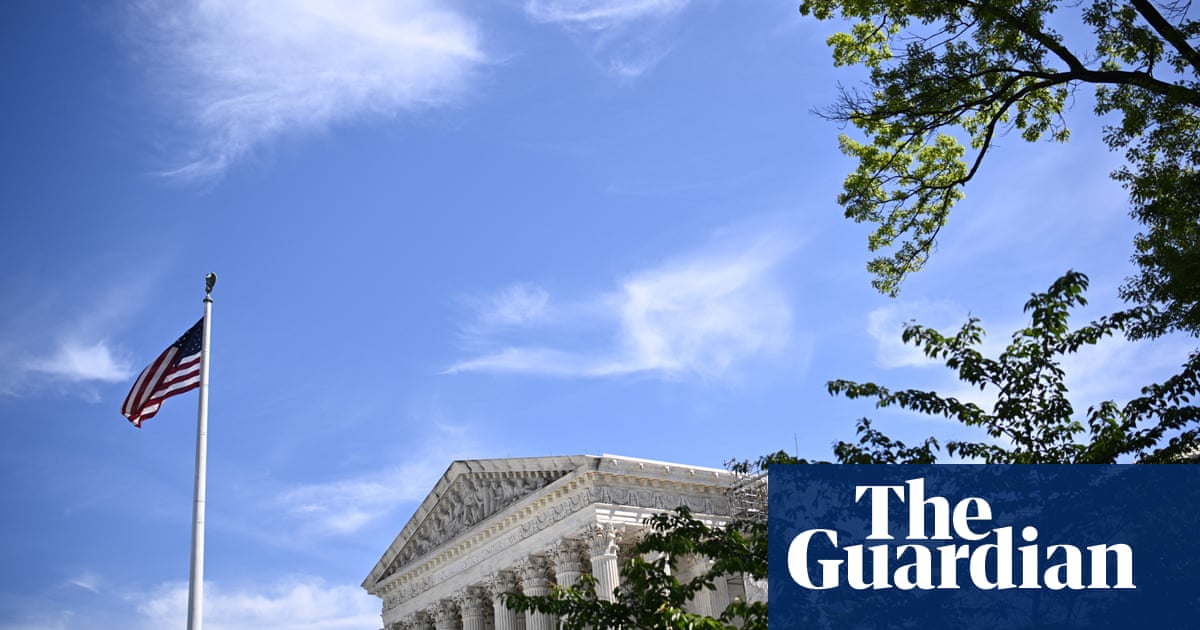
The hearing for Amy Coney Barrett, picked by Trump to replace the late liberal Justice Ruth Bader Ginsburg, started with senators making opening statements
Democrats are firmly opposed to Barrett, whose confirmation would give the court a 6-3 conservative majority that could lead to rulings such as rolling back abortion rights
WASHINGTON: The US Senate Judiciary Committee on Monday opened its four-day confirmation hearing for President Donald Trump’s Supreme Court nominee Amy Coney Barrett in what the panel’s chairman predicted would be a “long contentious week,” as Republicans seek to approve her ahead of the Nov. 3 presidential election.
Democrats are firmly opposed to Barrett, whose confirmation would give the court a 6-3 conservative majority that could lead to rulings rolling back abortion rights, expanding religious and gun rights, and upholding Republican-backed voting restrictions, among other issues.
The hearing for Barrett, picked by Trump to replace the late liberal Justice Ruth Bader Ginsburg, started with senators making opening statements. Barrett herself will make her own opening statement after the 22 members of the committee are given a chance to speak.
Republican Senator Lindsey Graham, who chairs the committee, began by paying tribute to Ginsburg and said Barrett, a conservative appellate court judge, would be a “worthy successor.”
“This is going to be a long contentious week,” Graham said, adding, “Let’s make it respectful. Let’s make it challenging. Let’s remember, the world is watching.”
Barrett sat at a table facing the senators wearing a black face mask amid the coronavirus pandemic. Her husband and seven children sat behind her, also wearing protective masks, as the hearing got underway.
Republicans have a 53-47 Senate majority so Barrett’s confirmation seems almost certain, as Graham acknowledged.
“This is probably not about persuading each other, unless something really dramatic happens. All Republicans will vote yes and all Democrats will vote no,” Graham said.
Graham acknowledged that Senate Republicans four years earlier refused to act on Democratic President Barack Obama’s nominee to fill a Supreme Court vacancy because it was an election year, and that no Supreme Court nominee had a confirmation process so close to an election.
“I feel that we are doing this constitutionally,” Graham said.
Senator Dianne Feinstein, the senior Democrat on the committee, signaled her intention to focus on an upcoming Supreme Court case in which Trump and other Republicans are urging the justices to strike down the Obamacare health care law, formally known as the Affordable Care Act (ACA).
Feinstein noted that Barrett had criticized the court’s 2012 ruling, authored by conservative Chief Justice John Roberts, that upheld the law. Barrett could be on the court by the time the case is argued on Nov. 10.
“This well could mean that if Judge Barrett is confirmed, Americans stand to lose the benefits that the ACA provides,” Feinstein said.
Feinstein also repeated calls that the confirmation not go ahead so close to the presidential election, saying Republicans are “pushing forward, full speed ahead, to consolidate a court that will carry their policies forward.”
As a result of health concerns prompted by the coronavirus pandemic, not all the senators will participate in person. Those present in the hearing room on Capitol Hill, which will include Barrett and her family, will be socially distanced and follow other guidelines.
Each senator has the final call on whether to attend in person. Democratic Senator Kamala Harris, Democratic presidential nominee Joe Biden’s vice presidential running mate, is among those participating remotely.
The Senate’s Republican leaders rejected Democratic pleas to delay the hearing after two Republican Judiciary Committee members and Trump himself tested positive for the coronavirus in the days following the Sept. 26 White House event at which the president announced Barrett as the nominee.
The hearing is a key step before a final full Senate vote by the end of October on her nomination for a lifetime job on the court.
Barrett is expected to tell senators that as a judge she seeks to “reach the result required by the law, whatever my own preferences might be,” according to a copy of her prepared remarks released on Sunday.
Barrett, 48, said in the statement that it will be an “honor of a lifetime” to serve alongside the current eight justices.
Democrats have called on Barrett to recuse herself from the Obamacare case, saying she would have a conflict of interest because Trump has called for the law to be struck down.
They have also demanded that she step aside from any cases involving the presidential election because Trump has said the court is likely to have to settle cases over electoral disputes.
Trump, who is running for re-election against Biden, has indicated he would expect the court to rule in his favor if Barrett is confirmed.
Under existing rules, individual justices have the final say on whether they should recuse.
Barrett, a devout Catholic who has expressed opposition to abortion, is expected to face Democratic questioning on that issue too. Christian conservative activists long have hoped for the court to overturn the landmark 1973 Roe v. Wade ruling that legalized abortion nationwide.
Barrett will face questions from senators on Tuesday and Wednesday in lengthy all-day sessions. The hearing is due to conclude on Thursday with outside witnesses testifying about her qualifications.












